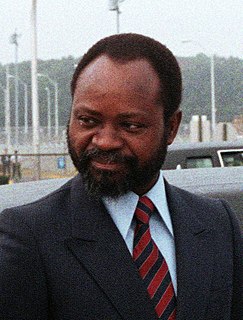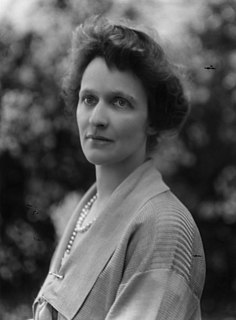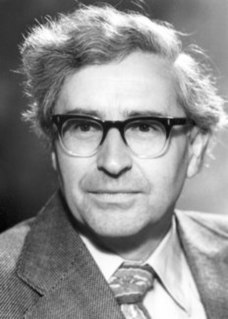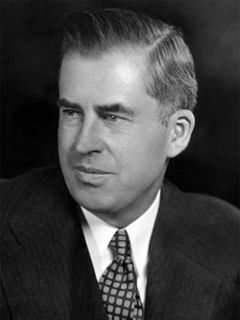A Quote by Robert Breault
Act always from a sense of common humanity, and let God judge if it be charity.
Related Quotes
The ghostly presence of virtual particles defies rational common sense and is nonintuitive for those unacquainted with physics. Religious belief in God, and Christian belief that God became Man around two thousand years ago, may seem strange to common-sense thinking. But when the most elementary physical things behave in this way, we should be prepared to accept that the deepest aspects of our existence go beyond our common-sense intuitions.
Common sense is not something rigid and stationary, but is in continuous transformation, becoming enriched with scientific notions and philosophical opinions that have entered into common circulation. 'Common sense' is the folklore of philosophy and always stands midway between folklore proper (folklore as it is normally understood) and the philosophy, science, and economics of the scientists. Common sense creates the folklore of the future, a relatively rigidified phase of popular knowledge in a given time and place.
My personal attitude toward atheists is the same attitude that I have toward Christians, and would be governed by a very orthodox text: "By their fruits shall ye know them." I wouldn't judge a man by the presuppositions of his life, but only by the fruits of his life. And the fruits - the relevant fruits - are, I'd say, a sense of charity, a sense of proportion, a sense of justice. And whether the man is an atheist or a Christian, I would judge him by his fruits, and I have therefore many agnostic friends.
For, what is order without common sense, but Bedlam's front parlor? What is imagination without common sense, but the aspiration to out-dandy Beau Brummell with nothing but a bit of faded muslin and a limp cravat? What is Creation without common sense, but a scandalous thing without form or function, like a matron with half a dozen unattached daughters? And God looked upon the Creation in all its delightful multiplicity, and saw that, all in all, it was quite Amiable.




































